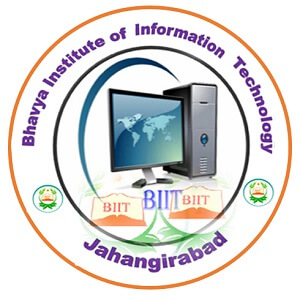
BIIT

| Operating Systems Course for All Classes |
||
|---|---|---|
| Sr. No. | Topic | Hours |
| 1 | Introduction: What is an operating system, Simple Batch Systems, Multi-programmed Batch systems, Time- Sharing Systems, Personal – Computer Systems, Parallel systems, Distributed systems, Real- Time Systems. | 3 |
| 2 | Memory Management: Background, Logical versus physical Address space, swapping, Contiguous allocation, Paging, Segmentation | 5 |
| 3 | Virtual Memory: Demand Paging, Page Replacement, Page- replacement Algorithms, Performance of Demand Paging, Allocation of Frames, Thrashing, Other Considerations | 7 |
| 4 | Processes: Process Concept, Process Scheduling, Operation on Processes | 5 |
| 5 | CPU Scheduling: Basic Concepts, Scheduling Criteria, Scheduling Algorithms, Multiple – Processor Scheduling. | 7 |
| 6 | Process Synchronization: Background, The Critical – Section Problem, Synchronization Hardware, Semaphores, Classical Problems of Synchronization | 5 |
| 7 | Deadlocks: System Model, Deadlock Characterization, Methods for Handling Deadlocks, Deadlock prevention, Deadlock Avoidance, Deadlock Detection, Recovery from Deadlock | 5 |
| 8 | Device Management: Techniques for Device Management, Dedicated Devices, Shared Devices, Virtual Devices; Input or Output Devices, Storage Devices, Buffering, Secondary Storage Structure: Disk Structure, Disk Scheduling, Disk Management, Swap- Space Management, Disk Reliability | 5 |
| 9 | Information Management: Introduction, A Simple File system, General Model of a File System, Symbolic File System, Basic File System, Access Control Verification, Logical File System, Physical File system File – System Interface; File Concept, Access Methods, Directory Structure, Protection, Consistency Semantics File – System Implementation: File – System Structure, Allocation Methods, Free- Space Management | 5 |
| Total Hours | 47 | |